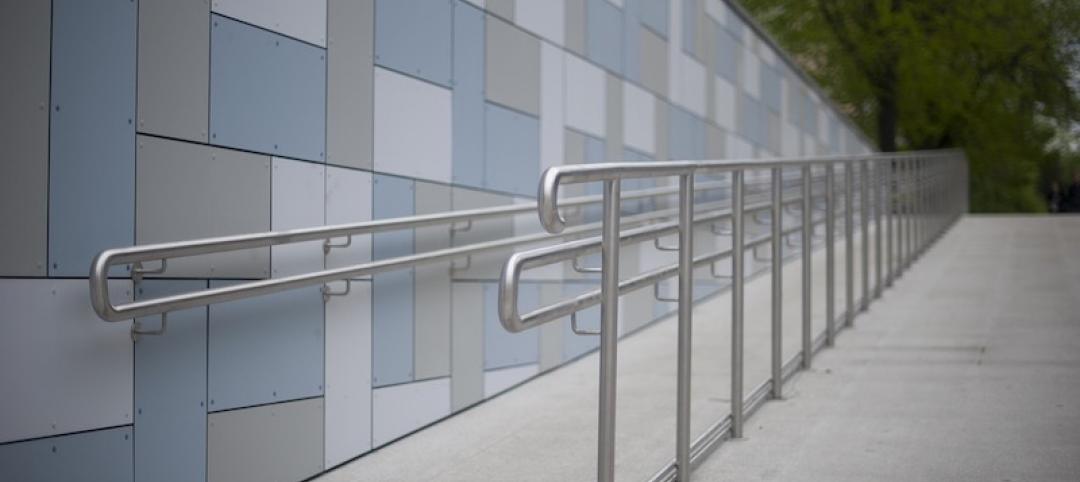Infrastructure projects in the United States can take as long as 10 years to obtain all necessary permits after all issues, including environmental impacts, are addressed.
To speed up permitting, President Donald Trump's infrastructure task force has suggested using the bankruptcy court arbitration process as a model for a revamped approach. Developer Richard LeFrak, who serves on the task force, said under this model one person would be the final word on all project issues, like an arbitrator in bankruptcy cases.
LeFrak told Reuters that the advisory council is proposing a pilot program that would reduce red tape and halt litigation on infrastructure projects. The process would not allow developers to avoid environmental compliance, but would allow differences and objections to be addressed and resolved faster.
Australia, Canada, and Germany typically take two years to approve infrastructure projects compared with 10 years in the United States, LeFrak said.
Related Stories
Codes and Standards | Oct 24, 2019
ASHRAE design contest winners demonstrate building resilience
Model building, a city hall, could operate without utility service for two weeks.
Codes and Standards | Oct 22, 2019
Efficient material design, low-carbon concrete are critical to cutting GHG emissions in construction
Enhancing building utilization and reusing materials also aid carbon reduction.
Codes and Standards | Oct 21, 2019
Historic properties not exempt from Americans With Disabilities Act
Some exceptions do apply.
Codes and Standards | Oct 18, 2019
St. Louis could save $61 million per year in energy costs by improved building performance
GHG gases can be reduced by at least 11% with upgrades to public buildings and large private buildings.
Codes and Standards | Oct 17, 2019
Slow payments cost GCs and subs $64 billion annually
Study finds 51-day average payment turnaround.
Codes and Standards | Oct 16, 2019
Cool pavement can make people hotter
Reflective coatings channel sunlight raising temperatures where pedestrians walk.
Codes and Standards | Oct 15, 2019
Utah adopts 2018 International Energy Conservation Code
Provisions include increased building envelope performance and reduced air infiltration.
Codes and Standards | Oct 14, 2019
States continue to beef up energy efficiency codes
ACEEE 50-state scorecard finds latest IECC code gaining adherents.
Codes and Standards | Oct 9, 2019
DOE releases Better Buildings Healthcare Financing Primer
Outlines financial strategies to implement energy-efficiency projects in healthcare.
Codes and Standards | Oct 8, 2019
Zero Carbon Buildings for All aims for ambitious emission reduction targets
Organization makes commitment to net zero carbon for all buildings by 2050.

















